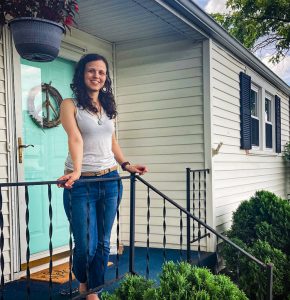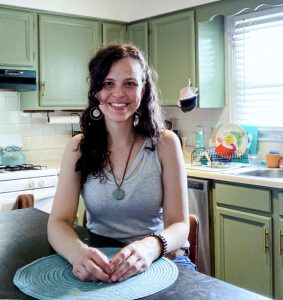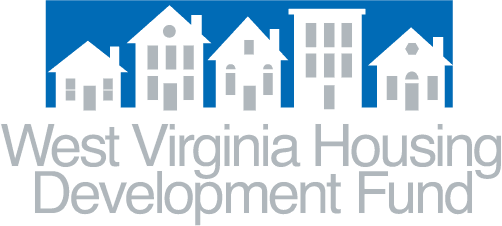Marital status, income, and student loan debt are just a few of the reasons Angela Iafrate thought homeownership was out of reach. After years of renting and working to pay down her loans, owning a home was never really a goal.
“I didn’t think I could do it,” she said.
But in 2021, the federal government made it easier for Americans with student loan debt to qualify for federally-insured mortgages. That move opened a door for Iafrate she thought would always be closed.

“I was paying more in rent than I would a mortgage, but those student loans made me look bad to a bank. I kind of put it out of my mind and thought that buying a home is something I could never do,” she said. “When those changes were made and I got a new, remote job with Ohio University that I felt was stable with growth opportunities, I felt like ok I can do this. Over the last couple of years, homeownership became a goal. But before then it wasn’t even in the realm of possibility in my mind.”
Iafrate started her homebuying journey in July 2022. Her first step was to begin gathering financial documents, such as paystubs and tax records, that she would need to apply for a mortgage. Her next step was to research programs available to first-time homebuyers. That’s when she came across the West Virginia Housing Development Fund.
“There were a couple of things specifically that made me gravitate toward the Fund, and one was the down payment assistance,” she said. “I had enough for a small downpayment, but it would have completely wiped out my reserves. Secondly, I thought the Fund is geared toward people like me who can buy a house but we’re not necessarily on paper a great financial prospect even though I can afford the payment. The bank seemed intimidating to me whereas the Fund looked friendly. That is probably my own insecurities, but that was the vibe—they’re here to help people like me.”
Iafrate used the mortgage inquiry form on the Fund’s website to submit some basic information, including some financial details. This form tells potential borrowers if they may qualify for the Fund’s mortgage programs while also allowing staff to easily follow up with those who are eligible.

“The mortgage inquiry form gives us a lot of information on potential borrowers before they even start the mortgage loan process,” said Jon Rogers, Senior Division Manager of Single-Family Lending. “Angela’s was actually the first loan we’ve made to a borrower who contacted us using that portal, and it was clear she had her act together. Once she found a house in Parkersburg, I connected her with one of our in-house loan originators who saw her loan through to the end.”
As a first-time homebuyer, Iafrate qualified for the Fund’s Homeownership Program as well as help with the down payment with our Low Down Home Loan. The Fund has financed a record number of loans in fiscal year 2024, totaling nearly $243 million. Iafrate is one of nearly 1,400 West Virginians who have become homeowners over the past year thanks to the Fund’s programs. Iafrate said she had a great experience working with the Fund and found her loan officer to be helpful and patient.
“I felt like I was kind of annoying by checking on things and having questions because I didn’t really understand the process,” Iafrate said. “My loan officer was always very reassuring and didn’t mind answering my questions. She always got right back to me. She was very helpful throughout the whole process.”
Iafrate closed on her new home in October, just five days before her son Luca celebrated his 15th birthday. Now, Iafrate has a peace of mind and feels she’s accomplished something she always thought was out of reach.
“I remember when my son was little he couldn’t keep up with knowing his address because we were moving so often,” she said. “To know that he doesn’t have to memorize another address ever again, it just feels settled.”
Although Iafrate and her son have always had a roof over their heads, owning a home just feels a bit different.
“The rentals never felt like home,” she said. “It always felt like a place to live. This house is a home, not just a place to live.”

